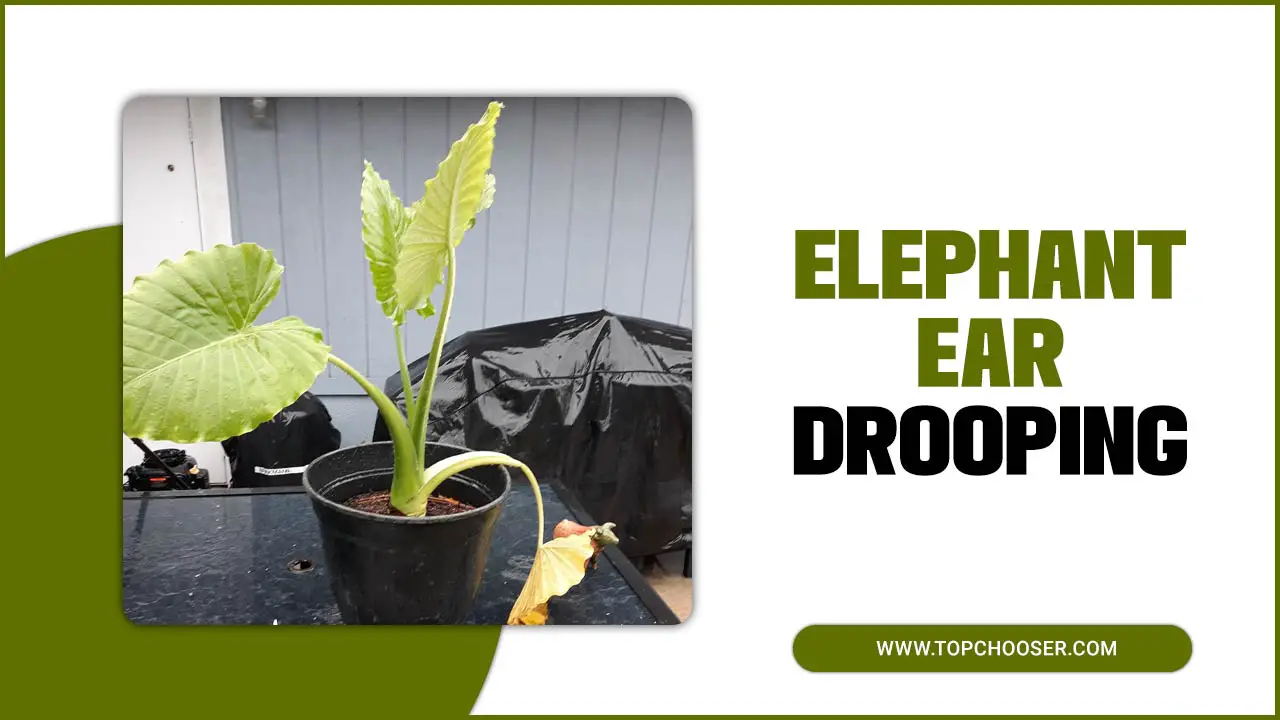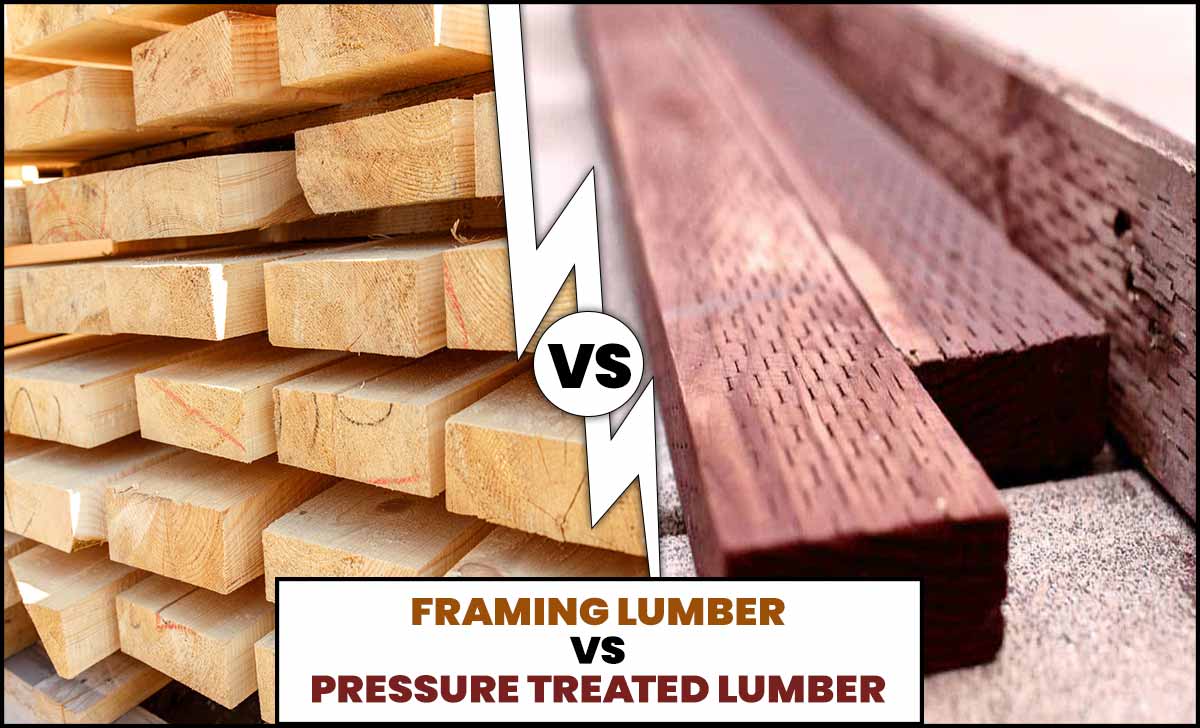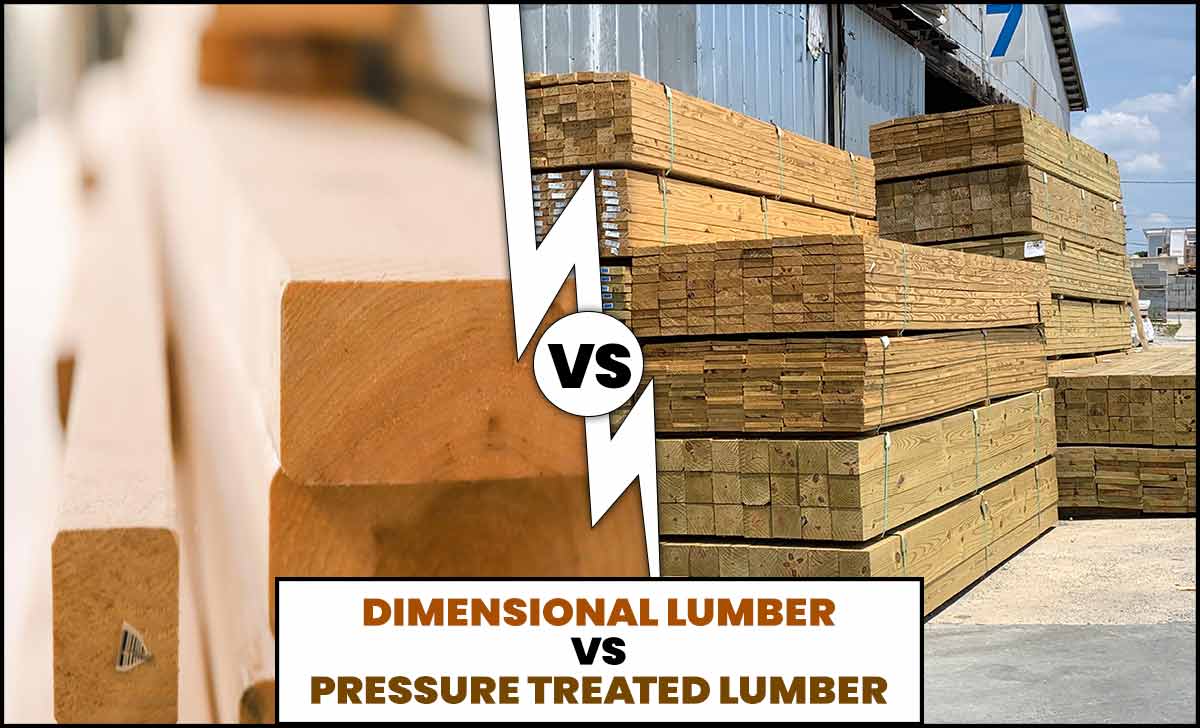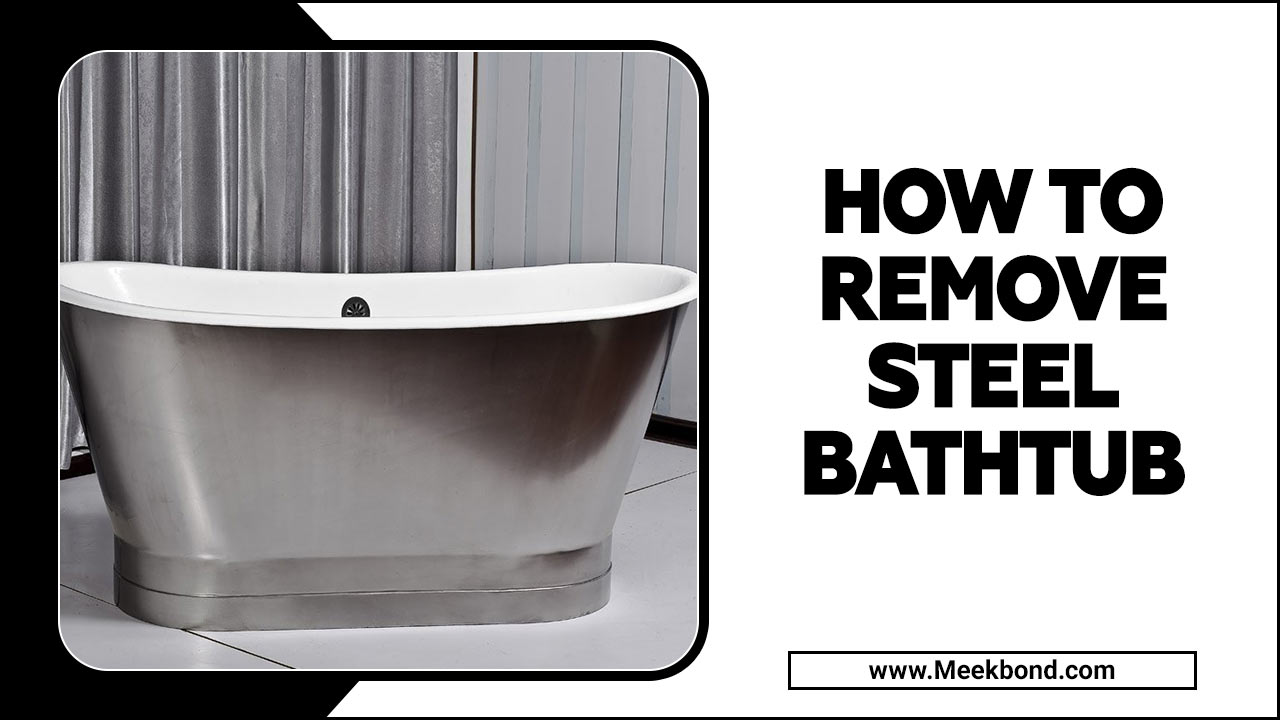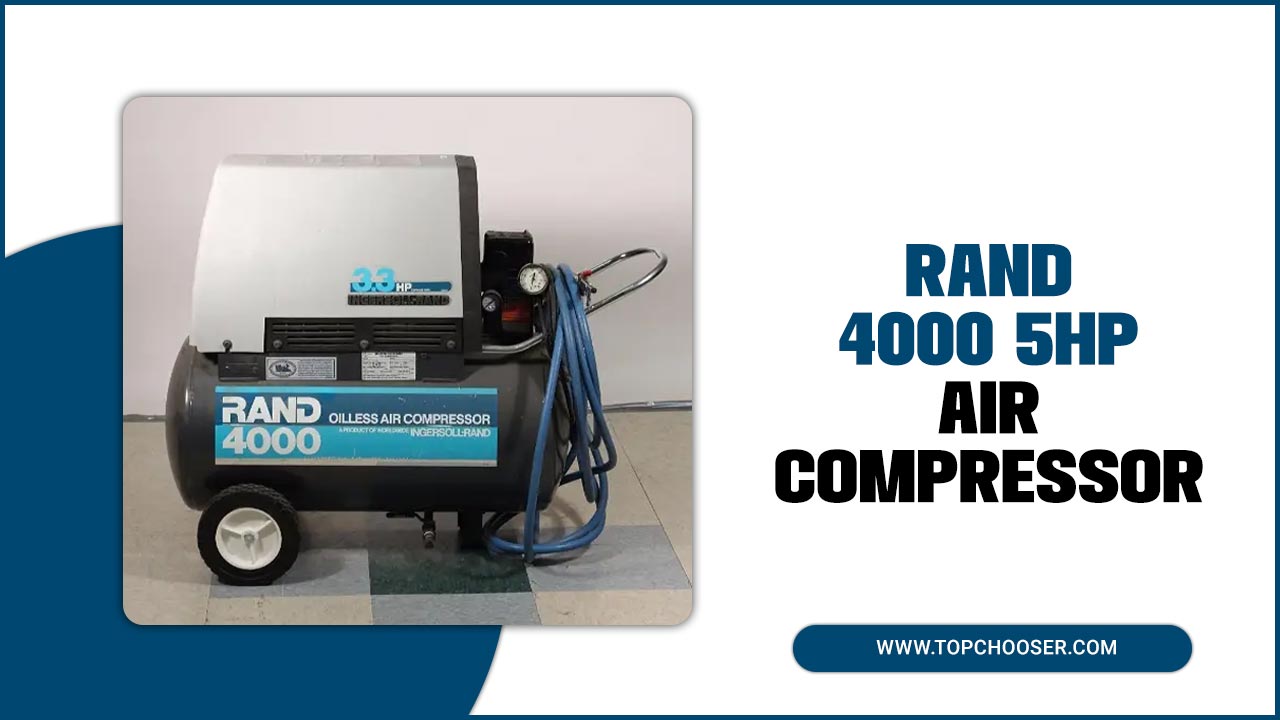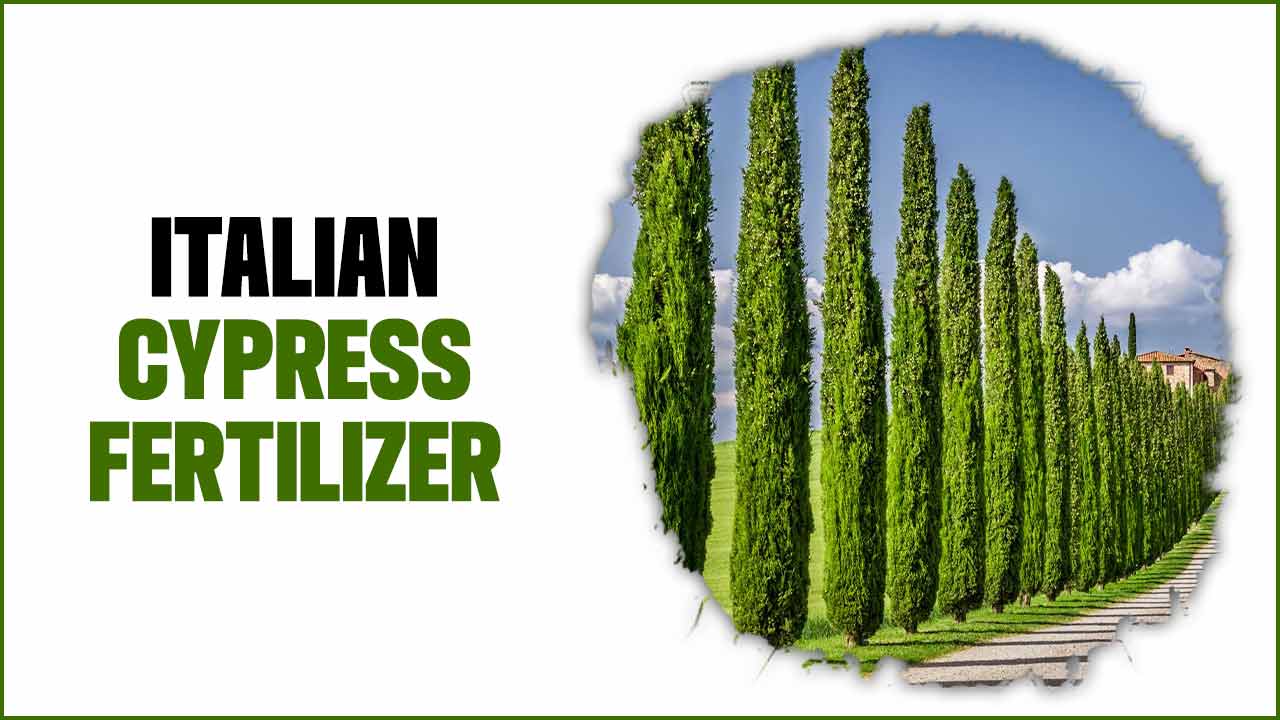Composting is an excellent way to reduce household waste and turn it into nutrient-rich soil that can be used to grow plants and vegetables. It’s a natural process that relies on the decomposition of organic materials, which can take anywhere from a few weeks to several months to complete.
How to speed up composting for those who are eager to speed up the process, there are a few tips and tricks that can help. This blog post will discuss some of the most effective ways to accelerate composting and achieve faster composition times.
Firstly, we will cover the basics of composting and why it’s important to get the balance of materials right. We’ll then dive into the various techniques that can be used to speed up the process, including using accelerators, turning your compost pile, and adjusting the moisture level. We’ll also discuss the importance of airflow and temperature and how these factors can affect the speed of decomposition.
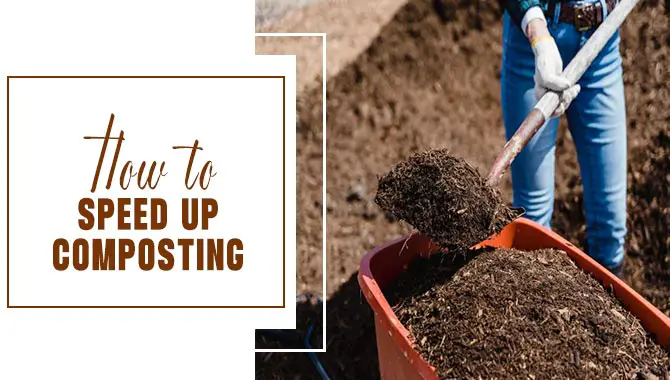
The Science Behind Composting
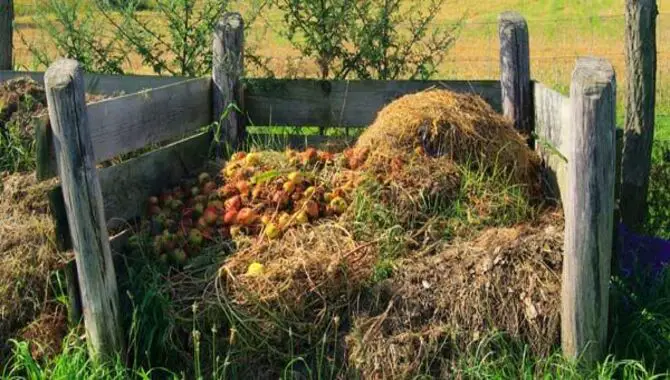
Composting is the process of breaking down organic materials into a nutrient-rich fertilizer. The science behind composting involves the breakdown of organic matter by microorganisms such as bacteria, fungi, and other decomposers. These organisms consume the organic matter and release carbon dioxide, water, and nutrients back into the soil.
Composting requires a balance of carbon-rich materials, also known as “browns,” and nitrogen-rich materials, also known as “greens.” Browns include items such as dry leaves and twigs, while greens include things like food scraps and grass clippings. The ideal ratio between browns and greens is 30:1.
Maintaining this balance helps to ensure that the composting process is efficient and that the resulting compost is of high quality. The process of composting also requires proper oxygen and moisture levels. The microorganisms that break down the organic matter require oxygen to survive and thrive.
Importance Of Composting
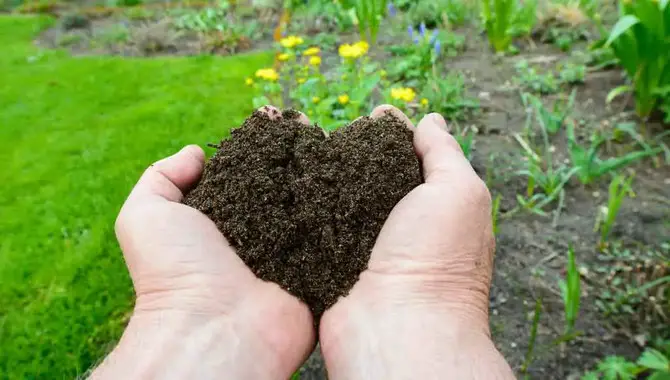
Composting is an important process in waste management and agriculture. It involves decomposing organic matter into a nutrient-rich soil amendment that can improve soil quality and support plant growth.
The benefits of composting are numerous and significant. Firstly, it reduces the amount of waste that ends up in landfills, thereby reducing the emission of harmful greenhouse gases. Secondly, it provides a natural and sustainable alternative to chemical fertilizers, which can have negative impacts on the environment and human health.
Thirdly, it helps to conserve water by improving soil structure and reducing runoff. Lastly, it is an effective way to support the local economy by creating jobs and promoting sustainable practices.
In addition to the environmental and economic benefits, composting also has social benefits. It promotes community involvement, as individuals and groups can work together to collect and compost organic waste. It also provides opportunities for education and awareness-raising as people learn about the importance of waste reduction and sustainable practices.
Composting Methods
Composting is an important process in waste management and agriculture. It involves the decomposition of organic matter into a nutrient-rich soil amendment that can be used to improve soil quality and support plant growth. The benefits of composting are numerous and significant. Firstly, it reduces the amount of waste that ends up in landfills, thereby reducing the emission of harmful greenhouse gases.
Secondly, it provides a natural and sustainable alternative to chemical fertilizers, which can have negative impacts on the environment and human health. Thirdly, it helps to conserve water by improving soil structure and reducing runoff. Lastly, it is an effective way to support the local economy by creating jobs and promoting sustainable practices.
Materials To Compost
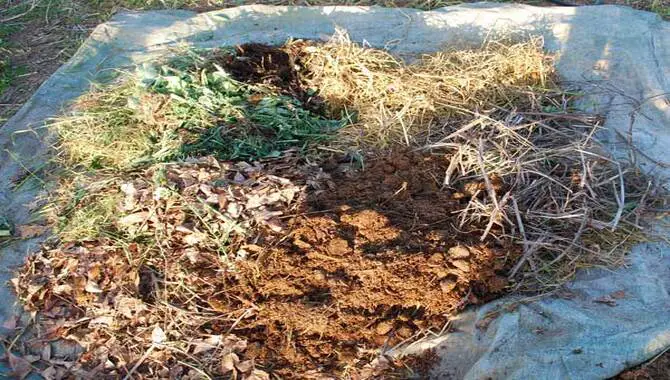
Composting is a great way to reduce your carbon footprint and create nutrient-rich soil for your garden. There are a variety of materials that can compost, including kitchen scraps, yard waste, and even some paper products. Kitchen scraps like fruit and vegetable peels, coffee grounds, and eggshells are great additions to a compost pile.
Yard waste like leaves, grass clippings, and small twigs can also compost. Be sure to avoid adding any diseased or insect-infested plant material to your compost pile, as this can spread the problem to your garden.
In addition to organic materials, you can also add some paper products to your compost pile. This includes shredded newspaper, paper towels, and even cardboard (just be sure to remove any non-compostable materials like plastic tape or labels first). Maintaining a good balance of “green” and “brown.”
Composting Tools And Equipment
Composting is a fantastic way to turn food and yard waste into nutrient-rich soil that can use to grow healthy plants. To start composting, you’ll need a few essential tools and equipment. First and foremost, you’ll need a compost bin or pile.
This can be as simple as a pile of organic material in your backyard or as complex as a rotating compost tumbler. Other important tools include a pitchfork or shovel for turning the compost, a garden hose for keeping the pile moist, and a compost thermometer to monitor the pile’s temperature.
Additionally, you may want to invest in a compost accelerator, which can speed up the composting process and produce usable soil more quickly. Another helpful tool is a compost sifter, which can help you separate the finished compost from any large pieces of material that haven’t fully broken down yet.
How To Speed Up Composting – Comprehensive Guide
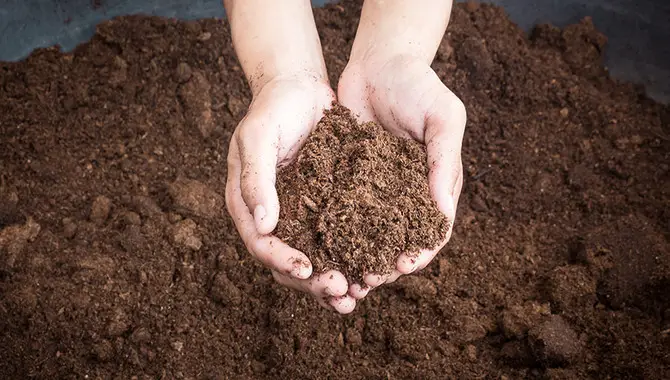
Composting is an effective and eco-friendly way to manage organic waste. It is the process of decomposing organic matter into nutrient-rich soil that can be used for gardening, farming, and landscaping.
However, composting can take several weeks or even months to complete, depending on various factors such as temperature, moisture, and the type of materials used. This is where the importance of speeding up composting comes in. To speed up the composting process, here are some effective methods:
1.Shred Or Chop Materials
Breaking down organic materials into smaller pieces increases their surface area, allowing microbes to decompose more quickly. Use a shredder, mower, or pruner to cut up larger materials such as branches, stalks, or vegetable scraps.
2.Maintain The Right Moisture Level
Moisture is essential for composting, as it helps the microbes break down the organic matter. Keep the compost pile moist, similar to a damp sponge. If it becomes too dry, water it lightly. Conversely, if it becomes too wet and soggy, add dry, carbon-rich materials like leaves or shredded paper to absorb excess moisture.
3.Balance Carbon And Nitrogen

Composting requires a proper ratio of carbon-rich “browns” and nitrogen-rich “greens.” Aim for a ratio of about 3 parts browns to 1 part greens by volume. Carbon-rich materials include dry leaves, straw, or shredded paper, while nitrogen-rich materials include grass clippings, vegetable scraps, or coffee grounds. Adjust the ratio as needed to maintain a balanced compost pile.
4.Turn The Pile Regularly
Turning or aerating the compost pile helps introduce oxygen and accelerates decomposition. Use a garden fork or shovel to mix the outer, less decomposed materials into the pile’s center. Aim to turn the pile every 1-2 weeks or when the temperature begins to drop.
5.Add Compost Activators
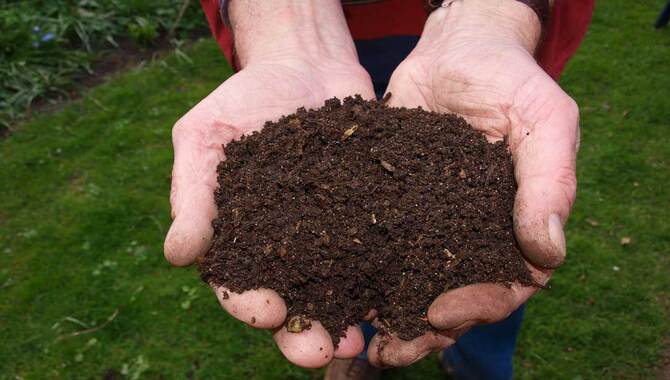
Certain materials can serve as compost activators by boosting beneficial microorganisms. Examples include finished compost, aged manure, or commercial compost starters. These additives introduce a diverse microbial population to speed up decomposition.
6.Increase Surface Area
Increasing the surface area within the compost pile allows for better airflow and faster decomposition. You can achieve this by using a compost bin or turning the materials more frequently. Alternatively, consider using open-bottomed containers or creating a compost windrow (long, narrow pile) for increased air circulation.
7.Provide Warmth
Microbes responsible for composting thrive in warmer conditions. Placing the compost pile in a sunny area or insulating it with a layer of straw or a compost blanket can help retain heat and accelerate the breakdown process.
8.Use Proper Layering
Layering the compost pile with alternating brown and green materials helps create a balanced environment for decomposition. Start with a layer of browns, followed by greens, and repeat. This layering technique ensures the right mix of carbon and nitrogen throughout the pile.
9.Avoid Adding Composting Inhibitors
Some materials can slow the composting process or harm beneficial microbes. Examples include meat, dairy, oily foods, pet waste, treated wood, and weeds that have gone to seed. Avoid adding these items to the compost pile.
Tips For Faster Composting

Composting is a great way to turn food scraps and yard waste into nutrient-rich soil for your garden. However, it can take a while for the materials to break down. If you want to speed up the process, there are several tips for faster composting that you can follow. First, ensure your compost pile is properly balanced with brown materials like leaves and twigs and green materials like food scraps and grass clippings.
This will provide the right amount of carbon and nitrogen for the microorganisms that break down the materials. Second, chop larger materials into smaller pieces to increase the surface area for the microorganisms to work on. Third, turn the compost pile regularly to aerate it and mix up the materials. This will help the microorganisms break down the materials more quickly. Fourth, keep the compost pile moist but not too wet, as too much water can slow down the process.
Troubleshooting Common Composting Problems

Composting is a great way to reduce waste and create nutrient-rich soil for gardening. However, like any process, it can sometimes encounter problems. One common issue is the compost pile not heating up enough.
This could be due to insufficient moisture or lack of oxygen. To troubleshoot, try mixing in more green materials like fresh grass clippings and kitchen scraps or adding water to the pile. Another issue is a foul odor emanating from the compost. This may caused by too much nitrogen-rich material like food waste or animal manure.
To fix this, add more carbon-rich materials like dried leaves or straw to balance out the pile. Additionally, if the compost pile attracts pests like rodents or flies, it may be due to adding meat or dairy products.
It is important to stick to plant-based materials to avoid attracting unwanted visitors. By troubleshooting these common composting problems, you can ensure that your compost pile is healthy and effective in producing nutrient-rich soil for your garden.
Harvesting And Using Compost
Harvesting and using compost is an excellent way to reduce waste and improve soil health. Composting involves breaking down organic materials such as food scraps, leaves, and yard waste into nutrient-rich soil.
Once the compost has fully decomposed, it can be harvested and added to garden beds, lawns, and houseplants to improve soil structure, retain moisture, and increase fertility.
To harvest compost, it’s important to wait until it’s fully decomposed, which can take several months to a year. Once the compost is ready, it can be removed from the bin, sifted to remove any large pieces, and spread onto the soil.
It’s essential to mix the compost into the ground to ensure that. It’s evenly distributed and doesn’t form clumps that can block water and air from reaching plant roots.
Using compost in gardens has several benefits, including the promotion of healthy plant growth: reduced soil erosion, and the reduction of the need for chemical fertilizers.
Composting For Specific Purposes (E.G., Gardening, Farming, Landscaping)
Composting is a natural process that converts organic waste into nutrient-rich soil amendments. This process is widely used for specific purposes, such as gardening, farming, and landscaping. Gardeners compost to improve soil quality, leading to healthier plants and better yields.
They can create compost using kitchen scraps, yard waste, and other organic materials. Farmers use compost to improve soil fertility, retain moisture, and suppress plant diseases.
They use different composting techniques, such as windrows, static piles, and aerated static piles, to produce compost at a larger scale. Landscapers use compost to create healthy landscapes, reduce soil erosion, and suppress weeds. They can use compost as a top dressing, mulch, or soil amendment.
Composting for specific purposes has several benefits for the environment and the economy. It reduces the amount of organic waste going to landfills, which decreases greenhouse gas emissions and saves landfill space. It also reduces the need for chemical fertilizers and pesticides, which can be
Composting For Different Climates
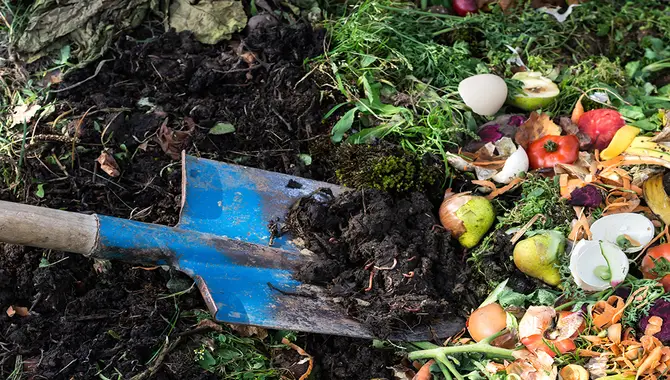
Composting is a natural process that involves separating organic materials into nutrient-rich soil. However, composting for different climates can be a bit challenging. In hot and dry climates, compost piles tend to dry out quickly, which slows down the decomposition process. To overcome this challenge, adding more moisture to the compost pile and covering it with a shade cloth to prevent direct sunlight is essential.
On the other hand, compost piles tend to be too wet in cold and wet climates, leading to the growth of fungi and bacteria, which can slow down the decomposition process. To overcome this challenge, it is essential to cover the compost pile with a tarp to prevent it from getting too wet and to add dry leaves or sawdust to the bank to balance the moisture content. In areas with limited space, indoor composting using a worm bin can be an excellent alternative for composting in all climates.
Conclusion
composting is a great way to reduce waste and create nutrient-rich soil for your garden. By implementing the tips and techniques outlined above, you can speed up the composting process and enjoy the benefits of your compost sooner.
Remember to maintain a balance of green and brown materials, keep the pile moist, turn it regularly, and use a compost accelerator if necessary. With a little time and effort, you can turn your kitchen scraps and yard waste into a valuable resource for your garden.
Frequently Asked Questions
[rank_math_rich_snippet id=”s-ff9a9b4d-82ee-4eec-b70a-c7f1978224e9″]

I am passionate about home engineering. I specialize in designing, installing, and maintaining heating, ventilation, and air conditioning systems. My goal is to help people stay comfortable in their homes all year long.

